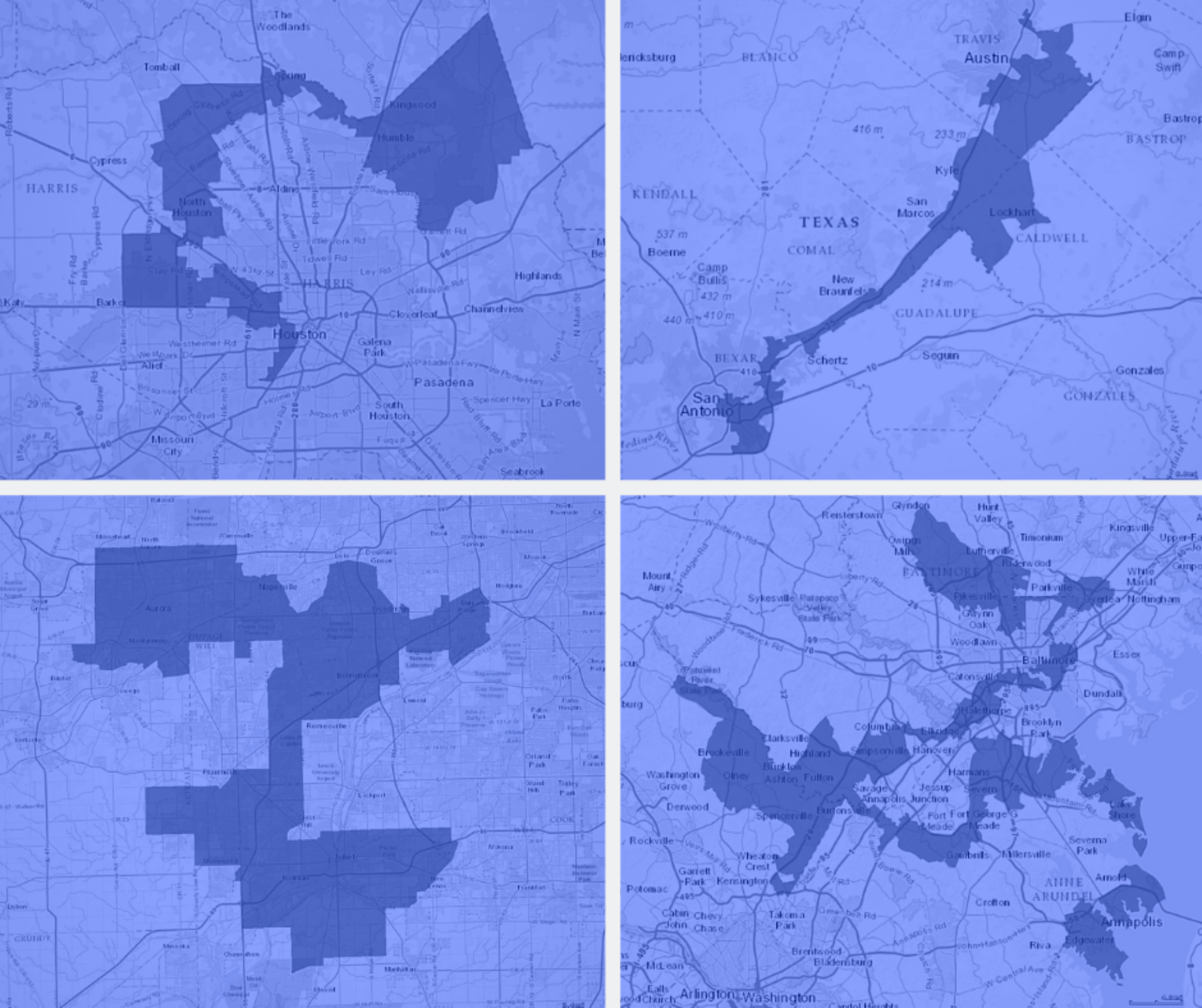It all started with a simple Facebook post, two days after the 2016 presidential election: “I’d like to take on gerrymandering in Michigan. If you’re interested in doing this as well, please let me know.”
By the time Katie Fahey arrived to work, the post was well on its way to becoming viral. Strangers were messaging her, eager to get involved in a grass-roots effort to take line-drawing powers away from politicians and build a fairer system.
“I had a lot of friends who felt like when they went to vote, their votes didn’t matter,” Fahey said. “To some extent, they were right.”
Fahey and other organizers canvassed neighborhoods and mobilized registered voters. They held 33 town halls in 33 days and visited each congressional district twice. In 180 days, they gathered more than 315,000 signatures — enough to bring a ballot initiative to the people of Michigan. It passed, 61 percent to 38 percent statewide.
Ultimately, 2.5 million voters chose redistricting reform, seeking an end to the time-honored practice of drawing political lines in a way that supports the party in power. Whether shaped like a salamander or a letter of the alphabet, these skewed political boundaries have become more severe, entrenched, and effective.

In episode 5 of “Deep Dive with Laura Arnold,” Fahey is joined by Paul Smith, Vice President of Litigation and Strategy with Campaign Legal Center in Washington, D.C., to explore the legal landscape for gerrymandering and the future of efforts to redraw political maps in a way that supports democracy.
It’s a complex legacy, but grass-roots efforts are helping states lead the way. Fahey founded Voters Not Politicians with a goal of taking Michigan’s successful redistricting reforms national.
As for the federal courts, the legal landscape is a little murkier.
“The court has no doubt that gerrymandering is unconstitutional — it pretty much has to be unconstitutional because it’s the government rigging the democracy in favor of one point of view and against another point of view,” Smith said. “It’s hard to imagine anything that is more against the basic commitments of our constitution than the government doing that.”
There is, however, a path forward. And the desire for change bubbling up from communities across the United States is only the beginning.
Gerrymandering at a Glance

U.S. District 4 in northeastern Illinois.

U.S. District 11 in northeastern Illinois outside of Chicago.

U.S. District 6 in south-central Louisiana.

U.S. District 7 in eastern Massachusetts.

U.S. District 2 in Maryland.

U.S. District 3 in
Maryland.

U.S. District 7 in Maryland.

U.S. District 10 in New York.

U.S. District 5 in Oregon.

U.S. District 2 in Texas.

U.S. District 14 in Texas.

U.S. District 15 in Texas.

U.S. District 18 in Texas.

U.S. District 29 in Texas.

U.S. District 33 in Texas.

U.S. District 35 in Texas.
How to listen
Listen in the player above or on iTunes, Google Play, Spotify, Stitcher, or your favorite podcast app.
About the host
Laura Arnold is the Co-Founder and Co-Chair of Arnold Ventures, founded in 2010, and an attorney and former oil company executive. Read more about her here.























